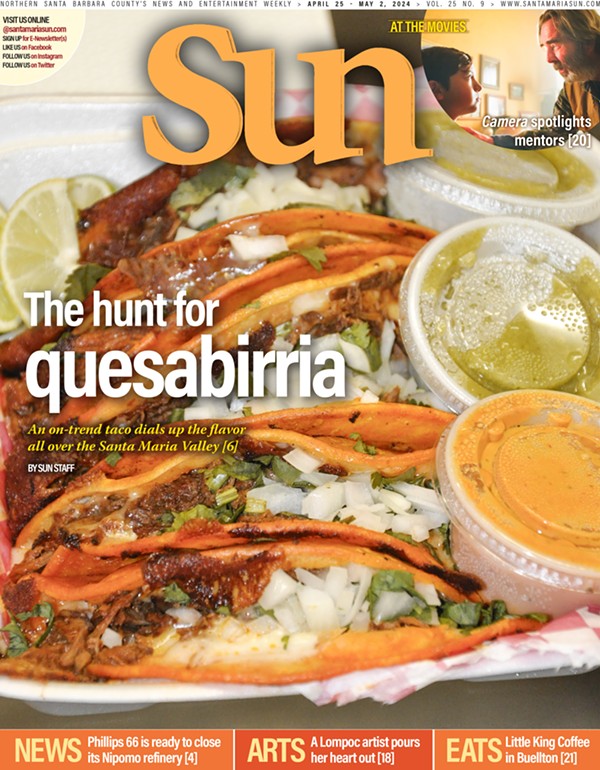“Eleanor Rigby” came out in 1966, and The Beatles’ plaintive rock anthem has aged well (clearly better than I have). “All the lonely people—where do they all come from? Where do they all belong?”
Evidently they’ve all crossed the Atlantic, because loneliness seems to be a uniquely American problem. Our nation’s top health authorities have warned that we’re suffering from an “epidemic of loneliness,” and it’s a singular cause of many related diseases. In March 2023, the Centers for Disease Control and Prevention (CDC) released “Health Risks of Social Isolation and Loneliness.” These conditions present significantly increased risks of heart disease, stroke, diabetes, depression, addiction, suicidality, dementia, and early death.
The CDC defines loneliness as “feeling alone or disconnected from others … like you don’t have meaningful or close relationships or a sense of belonging.” Social isolation is “the lack of relationships with others and little to no social support or contact. It is associated with risk even if people don’t feel lonely.”
Then in May, Surgeon General Vivek Murthy released an advisory titled, “Our Epidemic of Loneliness and Isolation,” showing that the issue affects the entire country, especially seniors and adults living alone.
A 2017 study published in American Psychologist found that social isolation presents a greater risk for many diseases, especially upper respiratory illness. This research demonstrated that loneliness had basically the same health effect as smoking 15 cigarettes a day.
How can we avoid the fate of Eleanor Rigby and Father McKenzie? Oprah Winfrey, as you might expect, has something to say about defeating loneliness in Build the Life You Want (Penguin 2023). Co-authored with Arthur Brooks, it’s a “user’s manual” for how we can beat this affliction—and it’s a surprising collaboration between Oprah, a celebrated liberal, and Brooks, a strong conservative. It turns out that they share a common set of values. Together, they outline meaningful, measurable steps that everyone—regardless of their political outlook—can take.
Their main prescription for overcoming social isolation: Be of service to others.
Lonely people are everywhere these days, locked into their own world and connecting only through social media and smartphones: There’s no real human connection, eye contact, or human touch. People need the physical presence of others, finding ways to laugh or mourn, to celebrate or grieve. It is through those connections that we lift ourselves, our families, our friends, or complete strangers.
We connect with each other through our families, and through our work if we are lucky. We can choose other connections through friendships, through music, through a shared faith (or lack of faith)—and especially through volunteering, whether for a cause or companionship.
As a recovering politician, I never felt more connected than when I got elected to represent my fellow citizens on our City Council (though later, it often felt very lonely). That role isn’t for everyone, but anyone can connect to a preferred candidate or cause and volunteer in a campaign. Don’t like politics? No worries: There are many other ways to help your neighbors and make connections.
There’s no shortage of local nonprofit organizations looking for volunteers, including Kiwanis clubs and Rotary.
As I write this, it’s “Giving Tuesday,” when all Americans are invited to share generously with their favorite charities. Consider giving your time and talent as well!
Volunteers are the heart of our democracy. And speaking of democracy, the California primary election is in March, and county elections offices are actively recruiting volunteers to help at the polls.
For those who want to reach out but aren’t ready to volunteer their services, try meetup.com. Many “affinity groups” can be found there, offering that essential feature of connection: basic human contact and conversation, including Spanish, French, and even Chinese (online only)!
It’s human contact that offers the best way to exit the cocoon of loneliness that envelops far too many of us—especially at the holidays. If you’re experiencing loneliness, write to me through the Sun; I’ll respond. And if you’re not lonely, please share your secret for making connections!
John Ashbaugh was lonely once—but then he was born. Contact him through the editor at [email protected].








